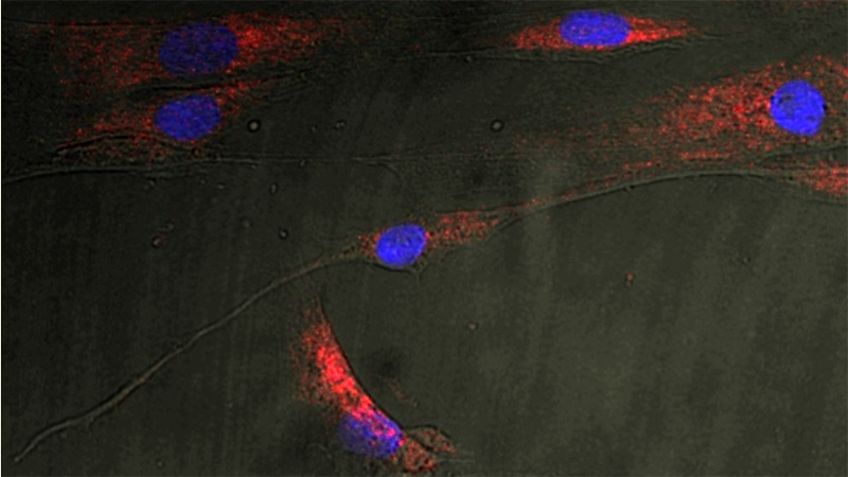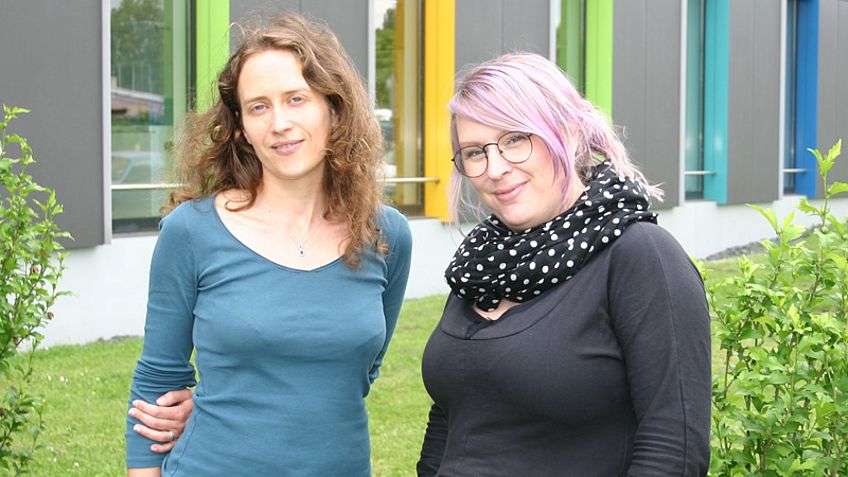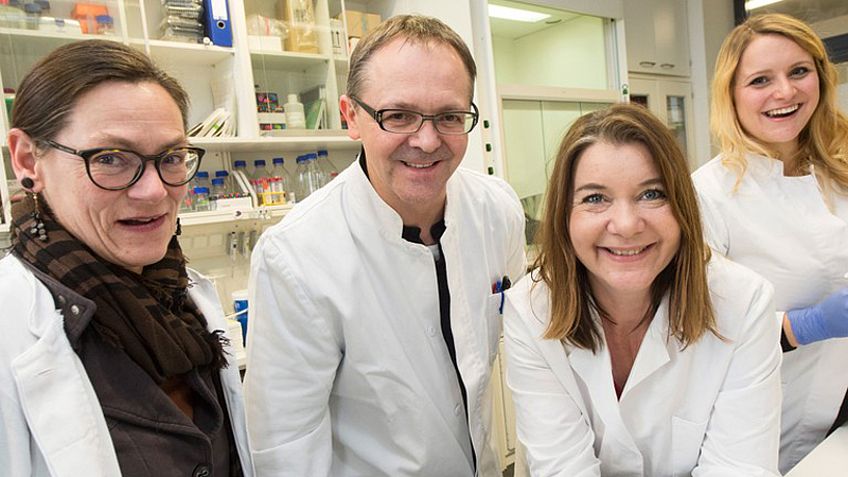Maus-Projekte
Work in our group has identified several key regulators of lipid metabolism and organ physiology through genetic screening in fruit flies. A number of these regulatory genes have single, highly conserved orthologs in mice and humans. To determine their biological role in health and disease, we have started to analyze their functions both in mammalian cell culture systems, and in vivo using murine knock out models.
To analyze the function of genes in murine and human cell lines, we utilize genome-editing technologies, such as TALEN and CRISPR/Cas9 for gene inactivation, together with overexpression experiments. Moreover, we have recently generated full and conditional knock out mouse models to allow for the in vivo analysis of mutant phenotypes. To characterize the function of the new regulators, we combine methods of classical genetics with molecular biology, biochemistry, cell biology, immunohistochemistry and cutting-edge microscopy. Our current projects aim to analyze regulators of lipid metabolism in gut, liver and adipose tissue, as well as osmoregulation of the kidney and of heart physiology. We are also collaborating with geneticists to identify human patients with mutations in any new genes that we have discovered and characterized.








